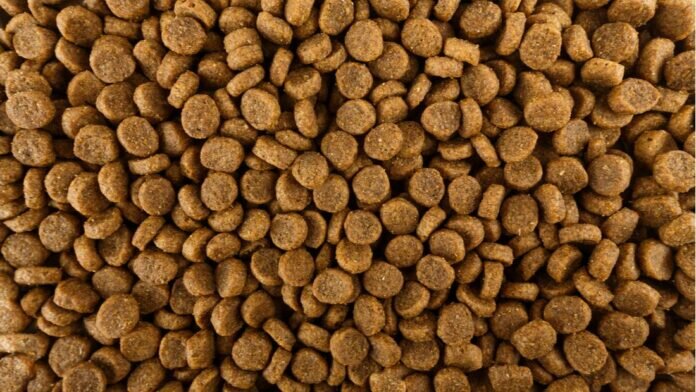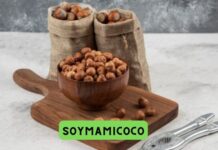Are you one of tose pet owners who keeps wondering whether natural and organic pet foods are one and the same?
If yes, then know that they are pretty different, and you should learn to choose between them. The range of dog food options in the current times can overwhelm pet parents and lead them to buy more than needed and sometimes select food products that might not suit their furry baby’s palate or health.
Some of the most common words/phrases used by aggressive commercial dog food marketers are “natural”, “naturally sourced”, “naturally made”, “holistic”, and “nutrient-rich” to gain an edge over their competitors’ pet food products. But are they safe for your dog because they are labeled and promoted that way?
Talk to your vet for reasonable answers and food recommendations. Feeding food items that don’t suit your puppy’s digestion and health can lead to several medical conditions. In times like this and many more, you can take the help of dog insurance.
The best pet insurance covers your fur companion’s health comprehensively and potentially lowers your economic burden during dire health scenarios and medical emergencies. So, consider being prepared with a policy early in your dog’s life. Meanwhile, read this article to learn if natural and organic dog food products are the same.
What do they mean?
There is no exact definition for the word “holistic” in the context of food, as what suits one dog may not suit another. It is a relative term, so meet your vet to understand better what a holistic diet means for your pet pooch (age, size, breed, activity level).
“Natural” food ingredients are fully derived from plant, animal, or mined sources. These ingredients are obtained either in an unprocessed or processed state. Some standard processing methods employed are physical processing, heat processing, purification, extraction, rendering, hydrolysis, fermentation, and enzyme lysis. Note that such food ingredients are not produced by or subject to chemical processes, and they don’t contain additives or synthetic chemicals that aid in processing and preservation more than necessary.
“Organic” food ingredients are those plant items grown without using pesticides and chemical fertilizers that are not genetically modified, nor exposed to radiation and sewage sludge. Organic animal ingredients must be sourced from animals nurtured through organic feed, provided access to outdoors, and not injected with hormones/antibiotics.
With this information, it should be clear to some extent that organic food is mostly superior to natural food in terms of quality, and the former is more regulated than the latter.
The difference
The only requirement for a dog food product to be called natural is its ingredients must originate from natural sources. Although these ingredients go through multiple levels of processing during manufacture still they will be labeled as “Natural”. The only restriction placed here is on chemical forms of food processing; they are simply not permitted.
However, when it comes to organic food, rigid rules are placed on the ingredients’ origins and how they are raised. Organic dog food companies are more frequently inspected for quality compliance than natural food manufacturing companies.
Do your research before picking a dog food bag; when unsure, talk to your vet for valuable dietary advice. Irresponsible feeding can invite several health troubles for your pet and unexpected vet bills. Dog insurance allows you to manage surprising vet bills more effectively. So, why not consider being prepared with the best pet insurance in town?










![Anso FG Reviews: UPDATED 2024 [ansofg.com] Anso FG Reviews UPDATED 2024 [ansofg.com]](/wp-content/uploads/2023/12/Anso-FG-Reviews-UPDATED-2024-ansofg.com_-100x70.png)







